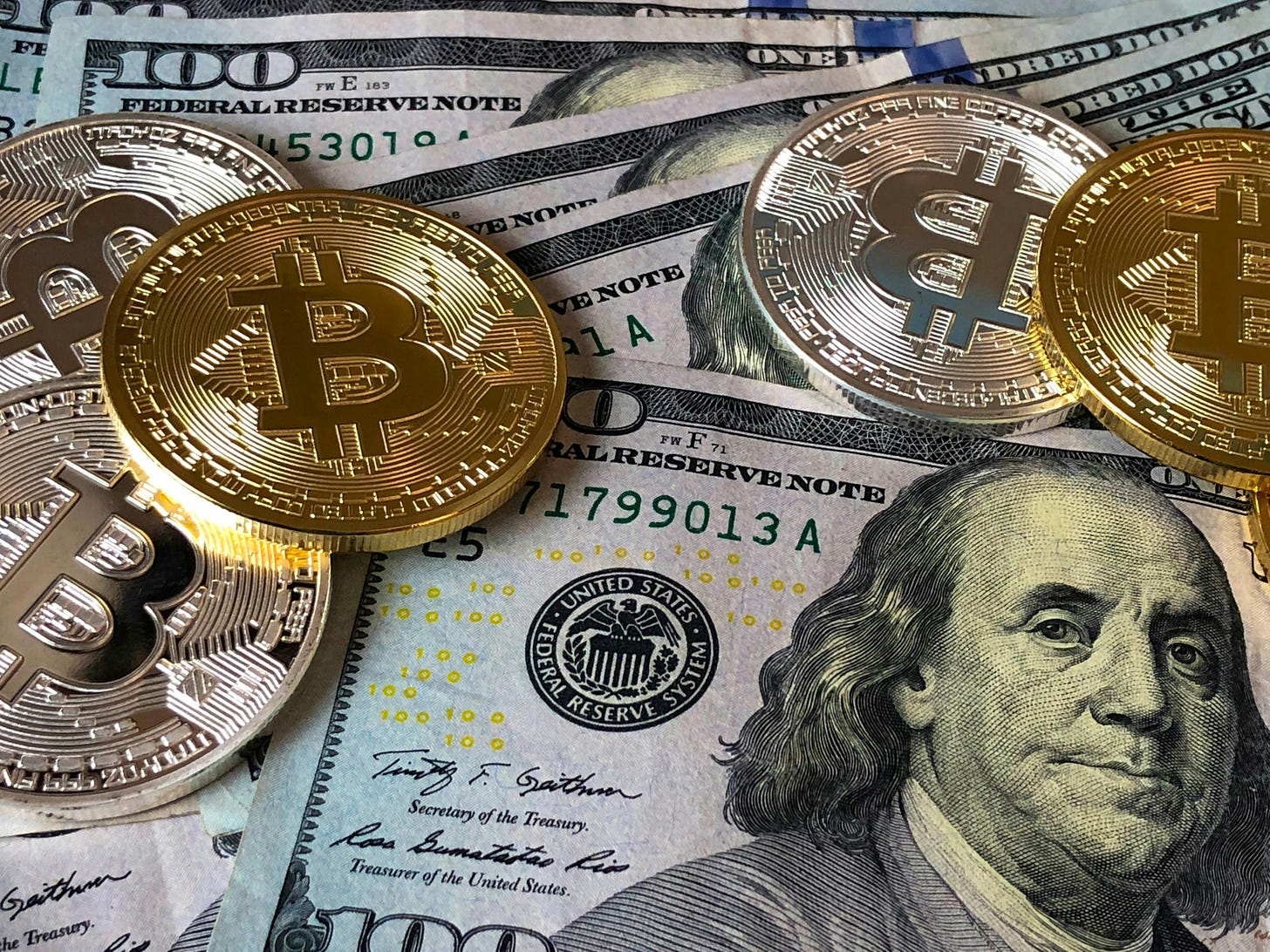- Student Economy
- Posts
- 🎓 Why Cash Flow is important
🎓 Why Cash Flow is important
And a Warning about Crypto

What is Cash Flow?
Cash flow is what you get when investments pay you for holding them. Cash flow is most popular in businesses and real estate but can also be achieved in many other much easier ways.
Cash flow is generally measured as a percentage of the initial investment. For example, the cash flow of real estate is measured as a cash-on-cash return which is generally 8-12 percent. Cash flow has other names such as yield for stocks or interest for debt.
Cash on cash return, Yield, and interest rate are all names to describe the cashflow of an investment
Cash flow is super important to many investors because it can come in the form of passive income and it lets you make money without needing to sell investments.
Why Is Cash Flow So Important?
Cash flow is so important for multiple reasons. Different people all have different objectives so it is also more important for some than others. Here are some of the top reasons investors love cash flow.
It provides liquidity: cash flow lets you receive cash for your investments without selling.
It can provide stability: Investors who don’t love to see giant swings in their portfolio also love cash flow because it can smooth out down markets.
It provides passive income: some cash-flowing assets such as dividend stocks are some of the only ways to make truly passive income.
It can make investing less stressful: cash flow can help investors feel more confident in their investments and make them much less likely to pull out of the market.
It assures investment value: Just buying an asset and hoping it will go up in value is risky, but knowing that an investment pays out every quarter or month solidifies that the investment has true value, unlike crypto
These are some of the investor’s reasons that cash flow is so important but there are many reasons why cash flow is sometimes also overrated. That could be a whole newsletter for itself so if you are interested in learning more about cashflow consider subscribing to get weekly emails to help you boost your finances.

A Note on Crypto
Cryptocurrency is often depicted online as an amazing way to build wealth, but many investors are super skeptical. My opinion on crypto is that unlike stocks or real estate, it does not produce anything so I personally do not want to invest.
Some crypto bros and self-proclaimed “finance gurus” will probably really hate me for what I am about to say, but it needs to be said. Crypto is a gamble that people will embrace the idea of a decentralized currency and that is definitely a big gamble, especially with the large amount of investors and business owners that do not believe in it.
Crypto is simply a bet on the future adoption of decentralized digital currency, not an investment.
The stock market is held up by the economy and as long as capitalism persists the economy will continue to grow and improve. Businesses will always want to grow and increase profits and they aren’t just heled up by the belief of future adoption because a successful business would already have been adopted.
In the end, because crypto does not produce any cash flow it should be considered more of a gamble rather than an investment. I do not see anything wrong with holding some crypto (less than 5% of investments) but it genuinely makes me sad when I see hopeful young people dump their entire life savings into something that is as good as gambling.
Brokers I use
Webull Best for more active investing (get up to 75 free shares by depositing over $100)
M1 Finance Best for more passive investing above $10,000 (get $75 if you invest more than $10,000)
Charles Schwab Best for custodial accounts (get $100 by investing over $25,000)
Fundrise Best for buying alternative investments such as real estate ($25 for signing up and making a $10 deposit)
Other tools
Yahoo Finance Best for economic news
Finviz Best for stock analysis and screening
Disclaimer: Most links are affiliates but I 100% endorse and use all of my promotions, we also split the promo reward when you sign up!